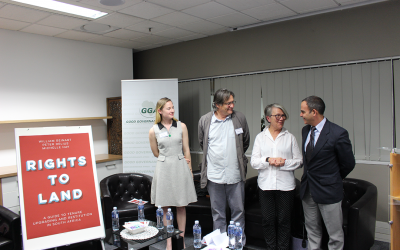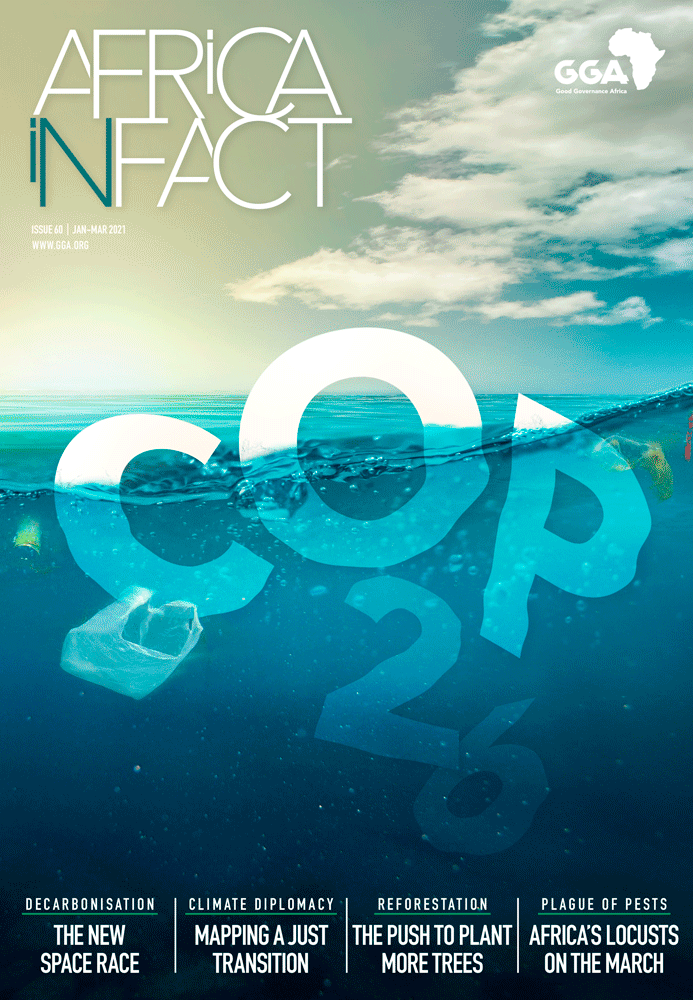What is the focus of this GGA Programme?
Articles from this programme
World Environment Day
Today is World Environment Day. For a brief moment in time, the world may take some time to reflect on the way in which the ecological systems that sustain us are under threat. Perhaps an...
Dilemmas of land reform for the Ramaphosa era
Land issues are being debated intensely and there are a number of interesting new developments: a new presidency of the ANC; a pending Restitution Amendment Act at present invalidated by the...
READ BETWEEN THE LINES
Sign-up to our newsletter to get the inside track on Africa
Natural Resource Governance
Our Natural Resource Governance team is committed to reversing the ‘resource curse’ – the paradoxical relationship between natural resource wealth (minerals and hydrocarbons especially) and underdevelopment. It turns out that institutional quality is the key determining factor for resource wealth to translate into broad-based development. We therefore aim to build institutions underpinned by transparency and accountability in the extractives industry. To these ends, we advocate for the implementation of the Africa Mining Vision in each mining jurisdiction across the continent.
The programme ensures that the various disparate attempts at improving extractive industry governance on the continent are better coordinated to gain maximum traction. Our NRG team works closely with the GIA team to produce our monthly Intelligence Reports, as the mining industry is a key element of our target audience.
We specialise in enhancing Environmental, Social and Governance (ESG) performance for mining industry and related firms doing business in Africa. We differentiate ourselves by not only providing ESG improvement insights but also by being an independent broker between the private sector and African governments.
Our NRG programme provides politically workable, regional solutions that connect mining with green industrialisation. The continent, on average, is facing ‘premature deindustrialisation’ and associated extreme youth unemployment. As new technologies associated with the fourth industrial revolution advance, mining will no longer be a large employer, and this poses significant governance challenges that we specialise in helping governments and firms to navigate.
New technologies allow for mining to be both safer and less environmentally invasive. This allows for higher margins, creating wealth that should serve as a catalyst for connecting mining to other sectors of the economy. These connected sectors can feasibly be developed to tap into global value chains, especially those that feed the fourth industrial revolution, and specifically the energy and transport revolutions within that domain.



